Serial Peripheral Interface
Filter by
SubjectRequired *
LanguageRequired *
The language used throughout the course, in both instruction and assessments.
Learning ProductRequired *
LevelRequired *
DurationRequired *
SubtitlesRequired *
EducatorRequired *
Results for "serial peripheral interface"
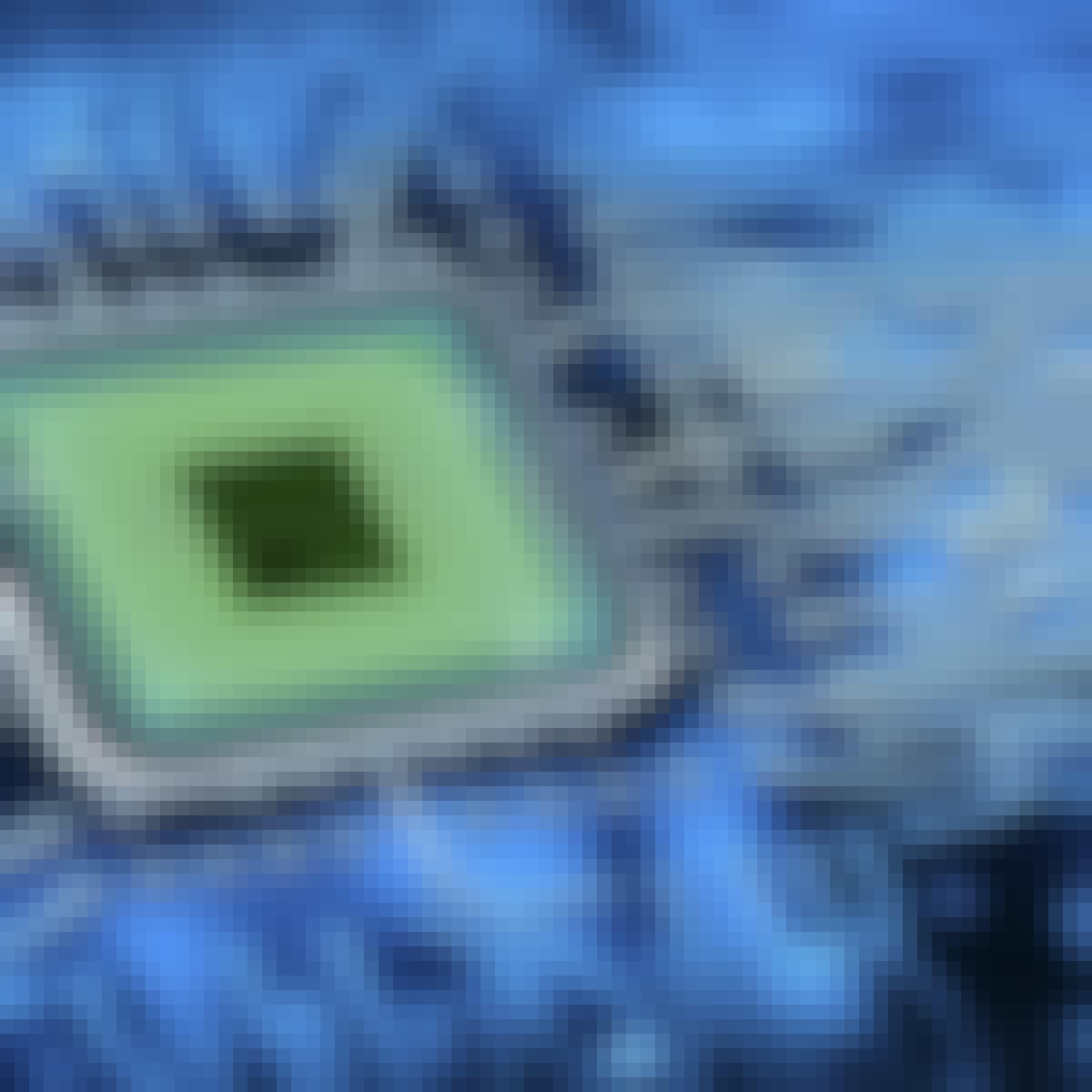 Status: Free TrialFree Trial
Status: Free TrialFree TrialSkills you'll gain: Field-Programmable Gate Array (FPGA), Electronics, Hardware Design, Application Specific Integrated Circuits, Electronics Engineering, Serial Peripheral Interface, Computational Logic, Electrical Engineering, Computer Architecture, Schematic Diagrams, Semiconductors, Electronic Hardware, Electronic Components, Internet Of Things, Embedded Systems, Programmable Logic Controllers, Low Voltage, Electronic Systems, Control Systems, Computer Engineering
4.5·Rating, 4.5 out of 5 stars143 reviewsIntermediate · Specialization · 3 - 6 Months
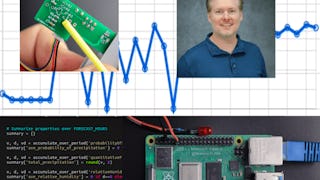 Status: Free TrialFree TrialJ
Status: Free TrialFree TrialJJohns Hopkins University
Skills you'll gain: Hardware Design, Electronic Hardware, Schematic Diagrams, Electronics, Computer-Aided Design, Mechanical Design, Communication Systems, Remote Access Systems, 3D Modeling, Linux, Digital Communications, Serial Peripheral Interface, Electronic Components, Simulation and Simulation Software, Electrical Engineering, Web Applications, Internet Of Things, Systems Of Measurement, Data Processing, Data Science
4.8·Rating, 4.8 out of 5 stars93 reviewsBeginner · Specialization · 3 - 6 Months
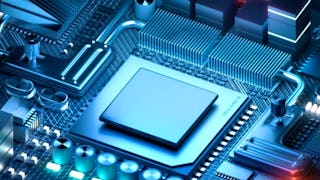 Status: Free TrialFree Trial
Status: Free TrialFree TrialSkills you'll gain: Field-Programmable Gate Array (FPGA), Hardware Design, Serial Peripheral Interface, Electronic Hardware, Internet Of Things, Embedded Systems, Control Systems, Communication Systems, Software Development Tools, System Design and Implementation, Software Installation, Verification And Validation, Real Time Data
4.3·Rating, 4.3 out of 5 stars16 reviewsIntermediate · Course · 1 - 4 Weeks
 P
PPackt
Skills you'll gain: Open Web Application Security Project (OWASP), Exploit development, Exploitation techniques, Internet Of Things, Cyber Security Assessment, Vulnerability Scanning, Vulnerability Assessments, Test Tools, USB, Embedded Systems, Network Security, Test Equipment, General Networking, Serial Peripheral Interface
Beginner · Course · 1 - 3 Months
 Status: NewNew
Status: NewNewSkills you'll gain: Embedded Systems, Serial Peripheral Interface, USB, Internet Of Things, Program Development, Communication Systems, Data Storage, Prototyping, Display Devices, C (Programming Language), Digital Communications
Intermediate · Course · 3 - 6 Months
 Status: Free TrialFree TrialJ
Status: Free TrialFree TrialJJohns Hopkins University
Skills you'll gain: Electronics, Communication Systems, Digital Communications, Serial Peripheral Interface, Electronic Components, Hardware Troubleshooting, Computer Hardware, Hardware Architecture, Debugging
4.8·Rating, 4.8 out of 5 stars13 reviewsMixed · Course · 1 - 4 Weeks
What brings you to Coursera today?

Skills you'll gain: Serial Peripheral Interface, Embedded Software, Telecommunications, Internet Of Things, Communication Systems, Embedded Systems, Computer Hardware, Digital Communications, Automation, Hardware Troubleshooting, Debugging, Remote Access Systems, Python Programming, System Configuration, Image Analysis, Software Installation
Intermediate · Course · 1 - 3 Months
 Status: NewNewU
Status: NewNewUUniversity of Colorado Boulder
Skills you'll gain: Microarchitecture, Hardware Design, Computer Architecture, Embedded Software, Embedded Systems, Electronic Systems, Application Specific Integrated Circuits, Serial Peripheral Interface, Computer Hardware, Electronic Components, USB, Performance Tuning, Peripheral Devices, Real-Time Operating Systems, Debugging
Intermediate · Course · 1 - 3 Months

Skills you'll gain: Embedded Software, Embedded Systems, Development Environment, Serial Peripheral Interface, 3D Assets, USB, Program Development, Integrated Development Environments, Display Devices, Computer Programming, Debugging, Real Time Data
Intermediate · Course · 3 - 6 Months
 D
DDartmouth College
Skills you'll gain: Natural Language Processing, Field-Programmable Gate Array (FPGA), Technical Communication, Statistical Machine Learning, Embedded Systems, Machine Learning, Machine Learning Algorithms, Embedded Software, Distributed Computing, Deep Learning, Image Analysis, Computer Vision, Electrical and Computer Engineering, Engineering Analysis, Serial Peripheral Interface, Student Support and Services, Student Services, Text Mining, Digital Communications, Electrical Engineering
Earn a degree
Degree · 1 - 4 Years
Most popular
- Status: Free TrialFree Trial
 J
JJohns Hopkins University
Specialization
 P
PPackt
Course
Trending now
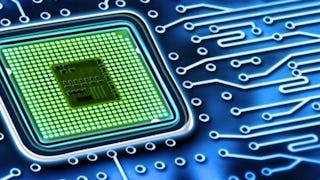 Status: Free TrialFree Trial
Status: Free TrialFree TrialSpecialization
 Status: Free TrialFree TrialJ
Status: Free TrialFree TrialJJohns Hopkins University
Specialization
 Status: Free TrialFree Trial
Status: Free TrialFree TrialCourse
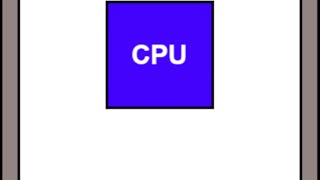 U
UUniversity of Colorado Boulder
Course
New releases

Course
 U
UUniversity of Colorado Boulder
Course




